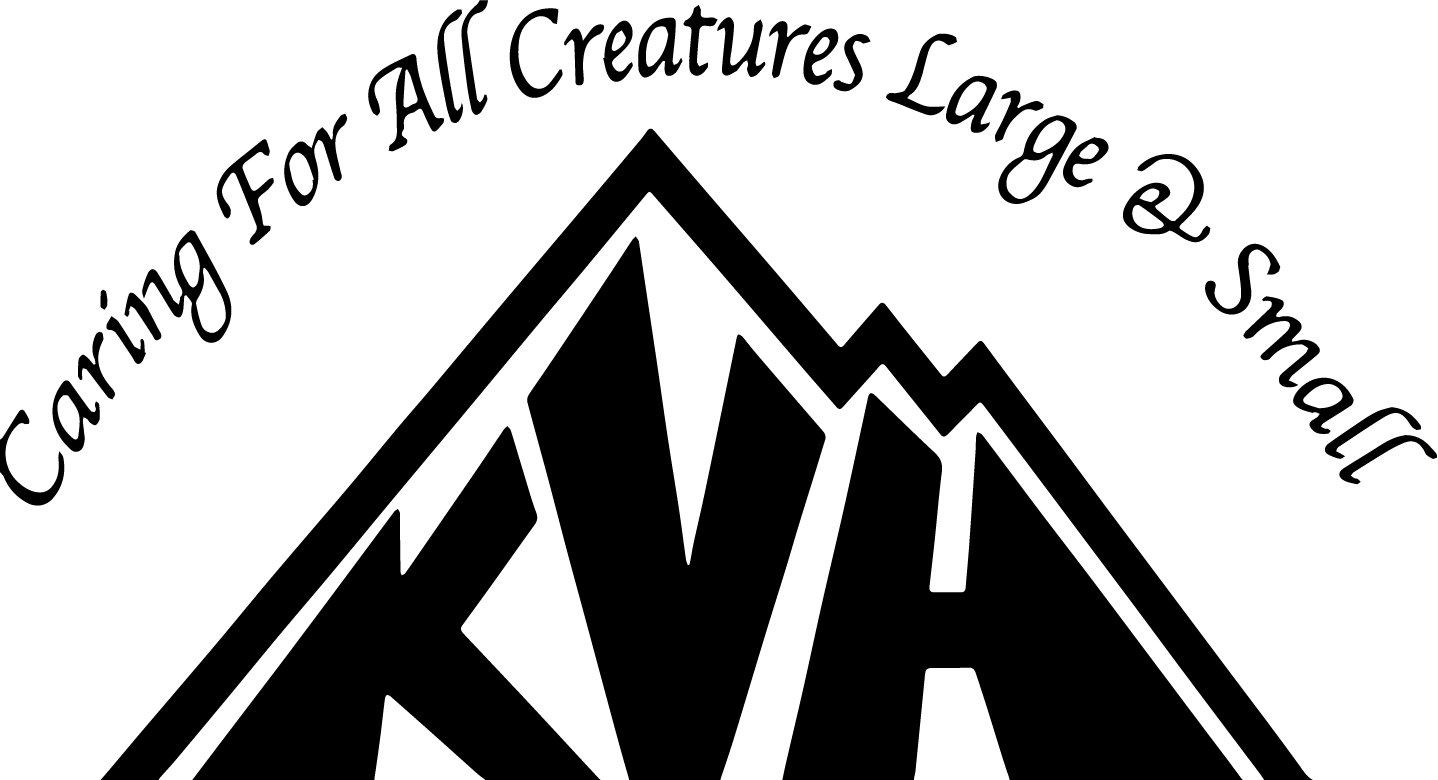by Dr. David Sauter and Dr. April Schattner
With the winter weather on the horizon, Kulshan Veterinary Hospital would like to share 4 tips to prevent impaction colic in our equine friends.
1. Access to water: 24/7 access to clean fresh water is essential anytime of the year. Winter months pose additional problems with water consumption.
- a. Frozen ground and general body stiffness can result in horses waiting longer to get a drink of water. Make sure water buckets & water troughs are easily accessible for all the horses. Consider adding additional sources of water at different locations.
- b. Water buckets and tanks are notorious for freezing in the winter months. A fresh bucket of water can become frozen in 8-12 hours which can leave a horse without access to water for half of the day or night. Tank heaters and heated water buckets can prevent water tanks from freezing. Studies have proven that horses will drink more water per day if offered warm water a few times every day. Adding some hot water from an electric tea kettle or using an immersion heater to bring the water to a pleasing warm temperature.
- c. Many horses will also enjoy a warm bran mash in the cold weather. Warm mashes are another effective way to increase water intake. Great recipes are available online. A few teaspoons of salt added to grain can also increase a horse’s thirst and encourage drinking as long as water is available.
2. Exercise: During winter, many horses are kept in the stall instead of on pasture. Ideally, horses would have access to turn out during the winter months, however, that is not always an option. Exercise can help keep a horse’s intestines (and bowels) moving. Allowing some liberty time in an arena or hand walking for exercise can help. Setting hay in different corners rather than all in one spot is another trick to get horses moving more.
3. Forage: Horses burn more calories in the winter to stay warm. Forage digestion is an important producer of body heat. It is also a great way to add calories to a horse’s diet as opposed to grain which is highly fermentable and can cause gas colic in increased amounts. Access to forage 24/7 in a slow feeder is ideal. It also helps to keep horses occupied.
4. Up to date on Dental: Fiber length of forages is important for healthy digestions. Horses who have difficulty chewing their food can have longer strands of hay pass through their intestines which are more likely to cause blockages. Ensuring your horse’s teeth are able to properly chew their hay can help prevent impaction colic.

